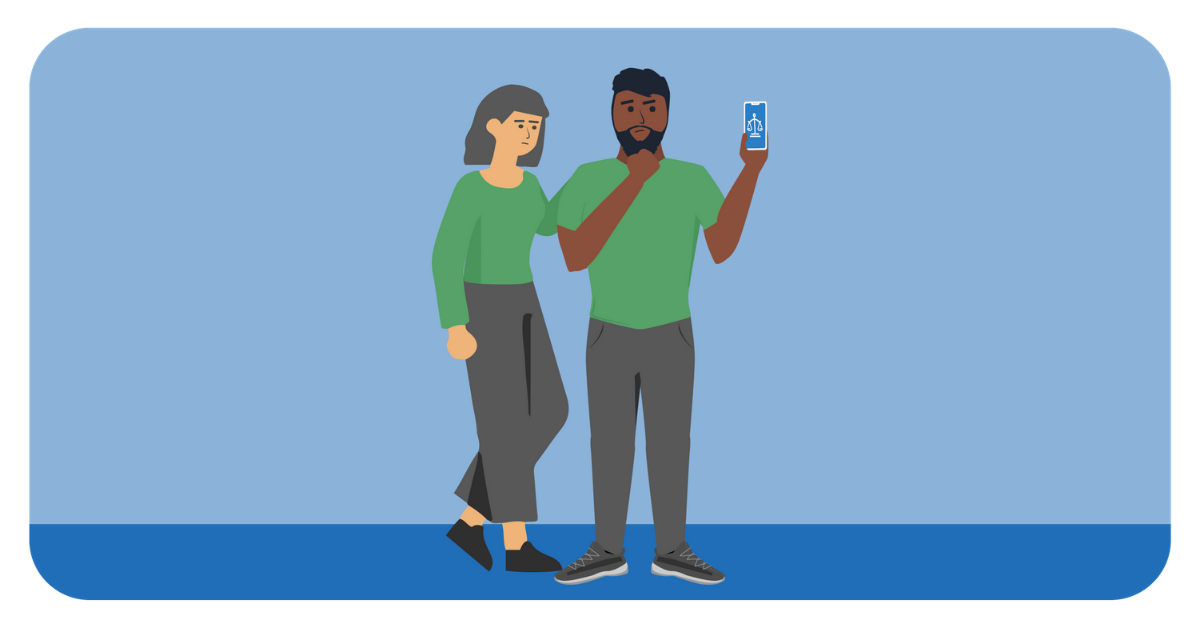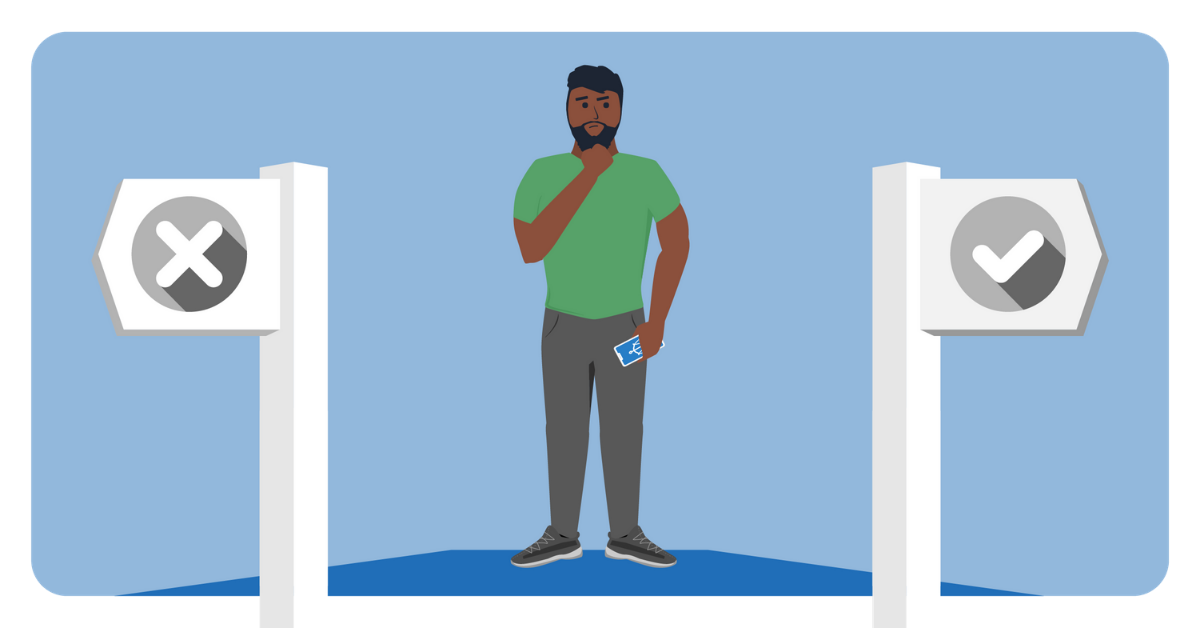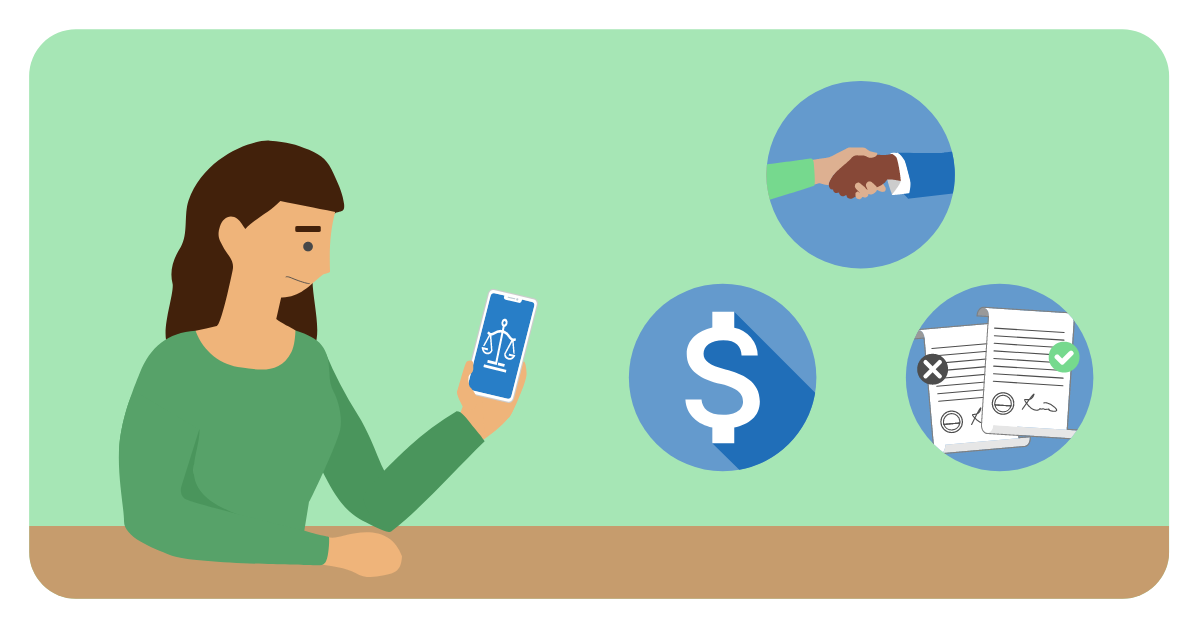Understanding the Risks of Legal DIY

when NOT to "do-it-yourself" with legal issues
Do-It-Yourself (“DIY”) may save money with home repairs, assembling furniture, or replacing appliances. With enough time, you can figure it out. If you are in a legal situation, however, consider these significant risks of navigating legal issues without expert guidance.
Knowing Your Rights
If you have ever watched any cop or law and order shows, you have seen someone get arrested and read their Miranda Rights. Miranda Rights have been around since 1966. Most often recited to someone who is in police custody or arrested for a suspected crime. Your Miranda Rights include the right to remain silent and the right to an attorney. Sound familiar?
In civil cases, however, you won’t get appointed an attorney. Civil cases cover a lot of different legal issues, such as family, housing, and immigration. If you are low-income or qualify for legal aid or legal services in another way, the court can appoint an attorney for you.
If not, you have to hire one or go pro-se, which means you represent yourself. Enter: “legal DIY” or “Do It Yourself.” In some simpler cases, this makes sense to do so. For most cases, however, legal DIY can potentially harm you and your case. The legal system is complex. Without the appropriate resources and preparation, there are many risks associated with representing yourself.
Forms and deadlines
The major risk that comes with Legal DIY is with forms and deadlines. The courts and their clerks should give you the forms you need and notify you of the deadlines. Alternatively, the court website should have those forms available and give you the information. Sometimes, this might not be the case, and something gets missed. Missing a deadline or incompletely filling out a form can lead to negative effects. You run the risk of a delayed case or an unfavorable decision, both things you want to avoid.
Another risk of legal DIY comes with not knowing the particulars of policies and laws, especially if the person you are facing in court has an attorney. Attorneys often speak very directly and abruptly. That will feel intimidating. An attorney may convince you to sign something, such as a document or settlement, that may not benefit you. Often, attorneys are merely doing their job.
They also have been trained to argue in court. They may know laws that you are not aware of that could help you. Your most significant way to combat this is by researching, preparing, and making sure to read over everything carefully, especially any document that requires a signature.
Get help (without losing control)
Legal DIY may or may not be the right move for you. When you think of lawyers, you may be afraid of the cost. Going in blindly, however, is never a good idea. Basic research is essential.
We advise touching base with a lawyer, even if you represent yourself. LegalQ can help. If you think you may want to do your own legal representation and want to talk to an attorney about it, or you want to figure out what help you’ll need, LegalQ can get you there.
The free mobile app will connect you with attorneys in your state. As a user and customer, you will pay for a 15 or 30-minute consultation (upfront, transparent, and fixed pricing).
The attorney you connect with can answer questions, help you make a plan, and enable you to move forward with confidence. Download the app to get started today.
Use LegalQ to talk to an attorney. Download the FREE mobile app now >>>

By: Joanna Smykowski
Sources
MirandaWarning.org, What Are Your Miranda Rights? http://www.mirandawarning.org/whatareyourmirandarights.html



